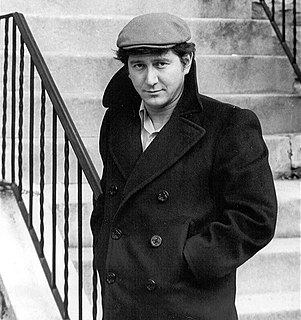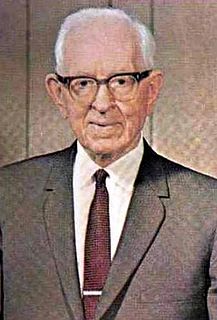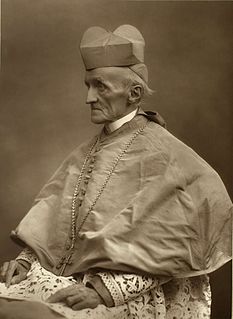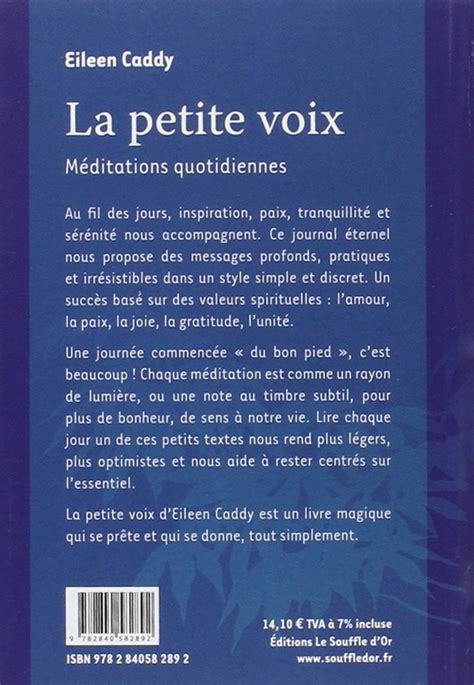A Quote by Bertrand Russell
My whole religion is this: do every duty, and expect no reward for it, either here or hereafter.
Related Quotes
I should like to believe my people's religion, which was just what I could wish, but alas, it is impossible. I have really no religion, for my God, being a spirit shown merely by reason to exist, his properties utterly unknown, is no help to my life. I have nor the parson's comfortable doctrine that every good action has its reward, and every sin is forgiven. My whole religion is this: do every duty, and expect no reward for it, either here or hereafter.
The easy confidence with which I know another man's religion is folly teaches me to suspect that my own is also. I would not interfere with any one's religion, either to strengthen it or to weaken it. I am not able to believe one's religion can affect his hereafter one way or the other, no matter what that religion may be. But it may easily be a great comfort to him in this life-hence it is a valuable possession to him.
Do not confuse "duty" with what other people expect of you; they are utterly different. Duty is a debt you owe to yourself to fulfill obligations you have assumed voluntarily. Paying that debt can entail anything from years of patient work to instant willingness to die. Difficult it may be, but the reward is self-respect.
NO NEUTRALS IN HEAVEN. There were no neutrals in the war in heaven. All took sides either with Christ or with Satan. Every man had his agency there, and men receive rewards here based upon their actions there, just as they will receive rewards hereafter for deeds done in the body. The Negro, evidently, is receiving the reward he merits
That there is one God, who made all things. That he governs the world by his providence. That he might be worshipped by adoration, prayer, and thanksgiving. But that the most acceptable service of God is doing good to Man. That the Soul is immortal. And that God will certainly reward virtue and punish vice, either here or hereafter.
Expect your every need to be met, expect the answer to every problem, expect abundance on every level, expect to grow spiritually. You are not living by human laws. Expect miracles and see them take place. Hold ever before you the thought of prosperity and abundance and know that doing so sets in motion forces that will bring it into being.
The ibtilaa' (testing) of the believer is like medicine for him. It cures him from illness. Had the illness remained it would destroy him or diminish his reward and level (in the hereafter). The tests and the trials extract these illnesses from him and prepare him for the perfect reward and the highest of degrees (in the life to come).
Human society is born in the shadow of religious fear, and in that stage the suppression of heresy is a sacred social duty. Then comes the rise of a priesthood, and the independent thinker is met with punishment in this world and the threat of eternal damnation hereafter. Even today it is from the religious side that the greatest danger to freedom of thought comes. Religion is the last thing that man will civilise.































